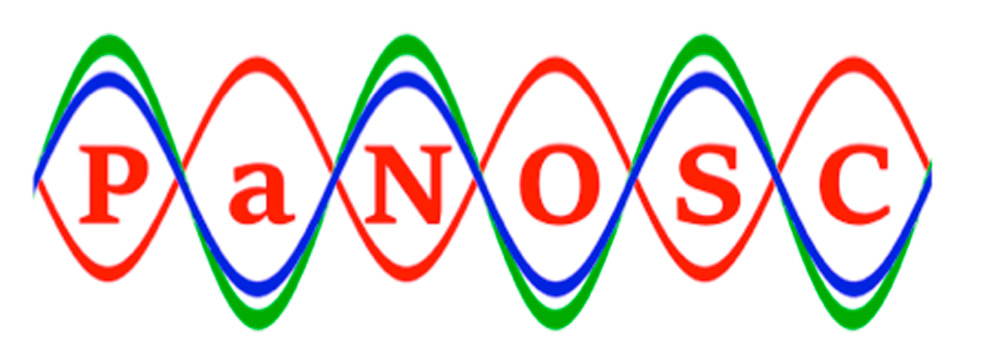Large-scale research infrastructures produce a huge amount of scientific data on a daily basis. For their storage and future (re)use, data need to managed according to the FAIR principles, i.e., be Findable, Accessible, Interoperable and Re-usable. The adaptation and development of both policies and technologies are key to making FAIR data a reality and to serving the broad set of stakeholders who will benefit from a coherent ecosystem of data services.
Under the headline “European Open Science Cloud (EOSC)”, projects covering a wide range of scientific disciplines from physics, astronomy, and life sciences, to social sciences and humanities, have been funded by the European Commission to build and develop the EOSC, which includes a comprehensive catalogue of services for the storage, management, analysis and re-use of research data.
By bringing together six strategic European research infrastructures: ESRF , CERIC-ERIC , ELI-DC , the European Spallation Source, European XFEL and the ILL, and the e-infrastructures EGI and GEANT, PaNOSC will contribute to the construction and development of the EOSC, an ecosystem allowing universal and cross-disciplinary open access to data through a single access point, for researchers in all scientific fields.
About ILL
The Institut Laue-Langevin (ILL) is an international research organisation that is a world leader in Neutron Science. Since its foundation in 1967, the Institute is a shining example of scientific cooperation. Presently 10 European countries (Spain, Switzerland, Austria, Italy, Czech Republic, Sweden, Belgium, Poland and Slovakia) ensure the necessary financial support for the ILL operation under the governance of 3 Associate Member countries: France, Germany and The United Kingdom. The research conducted at the ILL is dedicated to fundamental research (60%) as well as societal challenges research (40%). It covers a wide range of disciplines such as biology, (green) chemistry, materials science, condensed matter physics, as well as nuclear and particle physics.



